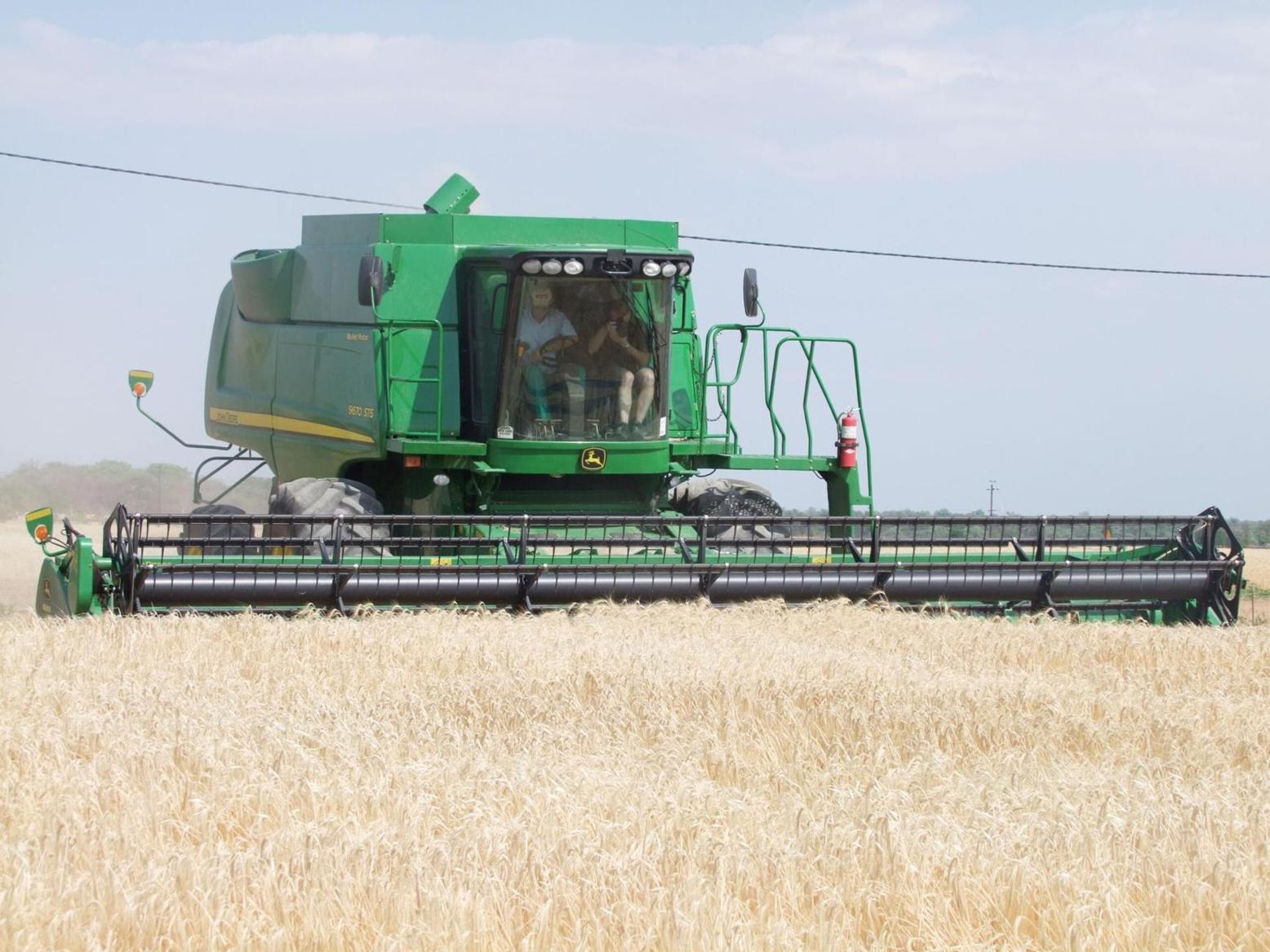Africa-Press – Namibia. The Shadikongoro Irrigation Project in Kavango East’s Mukwe constituency is facing significant losses.
It struggles to harvest 290 hectares of maize due to the persistent unavailability of a combine harvester.
The government-owned project has, for the past few years, relied on hiring machinery from other irrigation schemes.
However, such schemes are also facing similar equipment shortages now.
During a recent visit to the project, deputy agriculture minister Ruth Masake was briefed on the situation by project manager Joseph Mutero.
He highlighted a host of operational challenges, including the lack of tractors and farming implements.
These hamper productivity, including that of small-scale farmers attached to the project.
“Shadikongoro does not have a combine harvester. This has been the case for years. I came here at the end of 2021. We still face the same problem,” Mutero said.
“We can’t plant or harvest on time because we depend on other projects. We must wait for them to finish before we can start, which delays our land preparation and planting schedules,” he added.
He added that delayed harvesting is causing substantial post-harvest losses. “Our maize is getting spoiled in the field. It’s falling over, termites are feeding on the grain, and moisture levels are dropping.
“By the time we harvest, the maize is completely dry, which affects the yield and quality. This happens every season, but this year is worse,” Mutero said.
Despite the setbacks, Masake encouraged the Shadikongoro team to remain resilient, assuring them that the ministry is actively looking into the issue.
“The issue of the combine harvester is not yours alone. It’s also a concern for the ministry. We are addressing it,” she said.
“We’ve incorporated the Swapo manifesto into NDP6, and translated that into the strategic plan for the entire ministry. That includes Shadikongoro. With proper planning, these challenges can be resolved,” Masake said.
She stressed that agriculture remains a national priority.
She added that President Netumbo Nandi-Ndaitwah has identified agriculture as the country’s top priority. “We must feed the Namibian nation with what we produce. Maize is a staple food for all Namibians. We can’t keep relying on imports. We have good soil. Despite our challenges, we must maximise our efforts for better yields,” said Masake.
Despite the difficulties, she praised the project’s ongoing efforts.
“I’m happy with the activities here. Yes, challenges like high electricity costs exist, but I want to encourage Mutero to keep up the good work. I believe he has the knowledge to take this project to its full potential,” she affirmed.
She added that the ministry is committed to making Namibia self-sufficient in food production, urging green schemes to begin adding value to their produce.
For More News And Analysis About Namibia Follow Africa-Press






